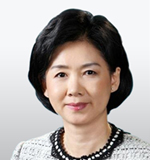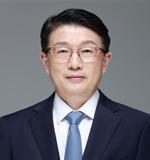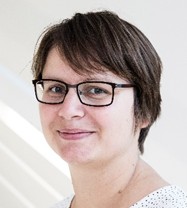


Opening

Commissioner,
Korea Disease Control and Prevention Agency
Education
Experience

Vice Minister for Health,
Ministry of Health and Welfare
Education
Experience

President,
National Medical Center(NMC)
Education
Experience

President,
Samsung Global Research
Education
Experience
Overview of KH Donation Initiatives

Director,
Korea National Institute of Infectious Diseases, KNIH, KDCA
Education
Experience
Session 1. Building Research Infrastructure for Global Clinical Trial Networks on Infectious Diseases and AMR Surveillance

Professor, Asan Medical Center
Education
Experience

Chairperson,
The Korean Society of Infectious Diseases
Education
Experience

Professor,
National University of Singapore
Topic
Summary

Professor, Seoul National University Bundang Hospital
Topic
Summary

Professor,
University of California San Diego
Topic
Summary

CEO / Professor, MicrobiotiX / Yonsei University
Topic
Summary
Session 2: Strengthening Medical Research Capacity for Pandemic Response at Infectious Disease Hospitals

Chief,
National Infectious Disease Clinical Center Establishment Task Force
Education
Experience

Professor, Seoul National University Bundang Hospital
Education
Experience

Clinical Management Expert, WHO
Topic
Summary

Professor, Kyungpook National University Chilgok Hospital
Topic
Summary

Head of surveillance unit, Robert Koch Institute
Topic
Summary

Director, National Medical Center
Topic
Summary
Closing

Chief,
National Infectious Disease Clinical Center Establishment Task Force
Education
Experience